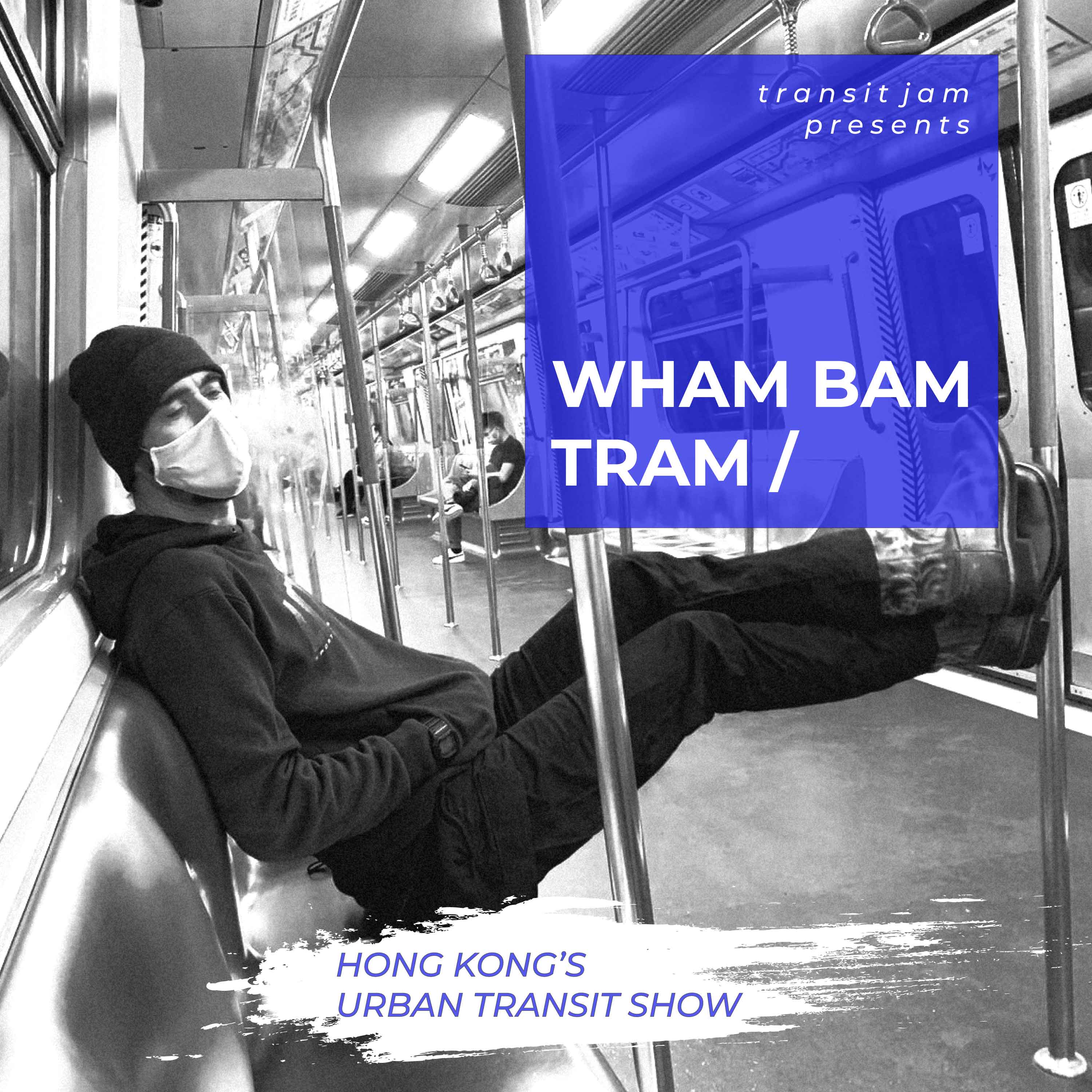
A luxury seven-seater just fits into one of the 78 spaces at the government’s new Automated Parking System structure in Tsuen Wan West
The government has hit back at criticism of its new Automated Parking System (APS) car park in Tsuen Wan West, claiming underground power cables and other constraints prevented developers building more parking spaces at the showcase lot.
Tender documents had specified the developer provide at least 75 APS spaces and maintain a minimum of 245 spaces at the whole car park site. The installed system offers 78 APS spaces and exactly meets the tender minimum of 245 spaces total.
Critics had said more spaces should have been provided, with the APS only boosting the number of spaces in the lot by 20%.
But according to a Transport Department (TD) spokeswoman, the ultimate size of the APS installed was limited by “financial viability, site constraints and obstruction by underground utilities.”
“One of the major constraints is that over half of the site by area is laid with high voltage electric cables, on which no APS could be erected,” she said.

Former lawmaker Michael Tien at the opening of the APS yesterday. Tien said he had concerns on the bidding process.
Former lawmaker Michael Tien was one of those criticising the scheme.
Tien, who visited the APS on its opening day on 21 November, pointed out the new three-storey system only added 45 spaces to the existing 200-space carpark and that the government should have incentivised bidders to provide more.
“I have concerns on the economics,” he told Transit Jam at the time.
Tien also suggested a “two envelope” approach, whereby rental income was just one part of the assessment. ” “I think rental should only be half [the tender assessment]. The other half should be how much more can you do than the 245. My point is, aren’t you supposed to get investors to come in and outbid each other?”
But the TD spokeswoman poured cold water on this idea.
“The ‘two-envelope’ tender approach, in which tenderers’ proposal is evaluated separately on technical merits and price, is usually adopted for projects where the quality of service is a major consideration, e.g. works contracts of a high value or prestigious nature, works which are sensitive or have a bearing on public safety or convenience, works of an unusual complexity or requiring a high level of coordination, technical expertise or unusual technology or works which are subject to a very tight programme. This approach is not adopted for the project at Hoi Shing Road, Tsuen Wan as installation of puzzle stacking type APS … is relatively simple in nature,” she said.
The spokeswoman said the experience gained in the Tsuen Wan project would support a review of future APS projects in the pipeline.
Five more sites will be developed with APSs, including a waterfront site near Shun Tak Centre in Sheung Wan, an existing car park in Sham Shui Po and others in Tai Po and Chai Wan.





